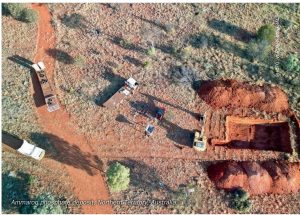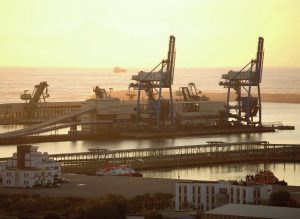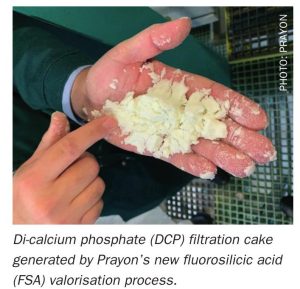
Mining licence approved for Ammaroo phosphate project
Austrlai’s Northern Territories Government has approved a mining licence for Verdant Minerals’ Ammaroo phosphate project. The approval follows the granting of two mineral leases in March and represents a critical step towards construction and mining operations at one of the world’s largest phosphate resources. Verdant estimates the value of production over the life of the mine to exceed $15 billion. Verdant says that securing the mining licence puts the project firmly on track to reach a final investment decision and commence construction as early as mid-2027. Located 200 kilometres south-east of Tennant Creek, the Ammaroo phosphate deposit contains more than one billion tonnes of phosphate ore.







